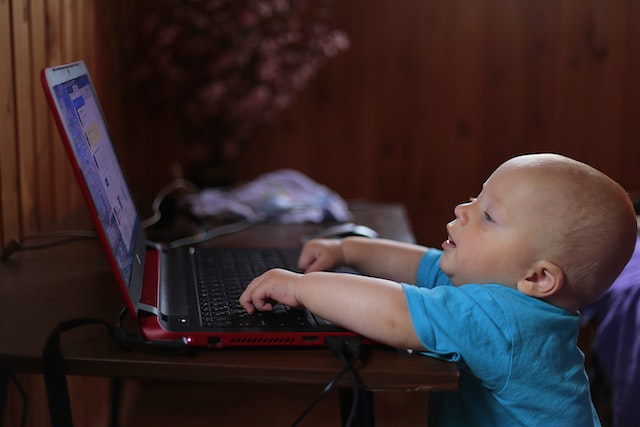During our second session at Cohort21, we sought to develop some essential questions that would help to guide us towards a topic of importance and that might also be urgent. In my previous post, I highlighted the need for more attention to be focused on the middle division students at my school and the possible impacts of underdeveloped digital awareness on their mental wellbeing. With this in mind, I spent the day with my esteemed colleagues, who come from different schools and perspectives, workshopping and refining a central question in which to base my next steps. The question I landed on for now is;
How might we engage students and gather feedback on programming that is designed to improve their learning and wellbeing?
I feel it is particularly important to educate students during their early developmental ages (between Year 5 to Year 10), where incidents of digital misconduct have been observed to be increasing at many schools and particularly in the Y8 to Y10 level at my own school. At this age, students are still developing their understanding of appropriate and respectful behaviour online, and they may not fully understand the consequences of their actions.
Currently at my school, there is no formal program in place to address this and I feel by educating students earlier, schools can help to prevent digital misconduct and promote healthy online interactions. This education should include information on the importance of digital citizenship and the responsible use of technology, as well as strategies for managing digital stress and maintaining positive relationships online.
One of the keys to promoting healthy online interactions and mental well-being is digital awareness and citizenship. Digital awareness refers to being aware of the impact that technology and the internet can have on our lives and taking steps to manage our digital use in a healthy way. Digital citizenship, on the other hand, refers to being responsible and respectful when using technology and the internet, and understanding how to interact with others online in a way that is safe, respectful, and appropriate. By promoting digital awareness and citizenship, we can create a safer and healthier online environment for ourselves and others.
Engaging students in the learning process and gathering feedback on programming that is designed to improve their learning and wellbeing could be one critical way for creating effective and meaningful educational experiences. As educators (or parents), we often are not a part of the digital spaces that our students interact in on a daily basis. By gathering their thoughts, feelings and experiences when designing content or lessons that are intended to assist them in navigating and interacting in those spaces, we can help to make connections that more relevant and possibly more transformational.
As we move into our 3rd working session at Cohort21, I hope to further investigate how we can engage the students and gather their feedback on some future programming that will be implemented at the Y8 and Y9 level at our Upper School and is already being implemented at the Y5 to Y7 level at our Prep School.

Hi @rarcher! Would love to connect tomorrow to discuss this topic more in person. I am also looking into digital literacy and well-being and am curious as to what you are currently doing with your students or what you plan to do.
Have you checked out Media Smarts?
It was nice talking to you the other day. I hope I didn’t talk your ear off. Here is the software package that we are piloting right now. https://upsavvy.com/
Great reflection, Ryan. There’s a lot in here, and it’s certainly worth exploring. I wonder what role some of the specific examples from years 8-10 might play in informing your next steps.
I’m not sure about the specific examples, but I know that the rates of discipline have increased and some of them have become more high profile. As a result, the urgency for some interventions has increased and there is certainly an opportunity to press forward with some discussions and thinking in this area.